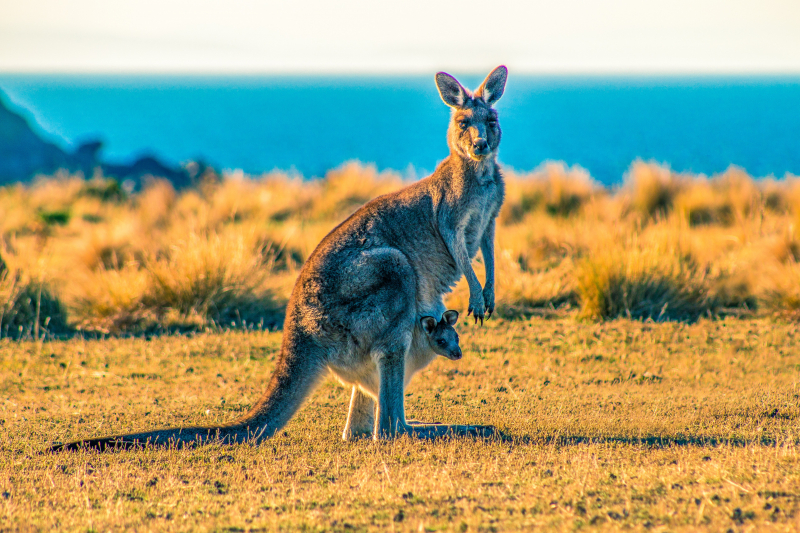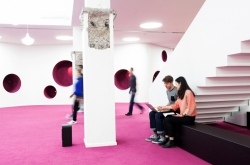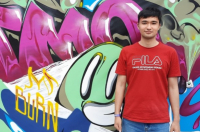In Australia, we really like to shorten words. It’s usually only in oral speech. No, we haven’t completely broken the English language – yet. So we love to have avo (avocado) on toast for brekky (breakfast) and we’re totally devo (devastated) if we forget our sunnies (sunglasses) when we go to the beach in the arvo (afternoon), or when we forget our brolly (umbrella) out in the rain. It should be no surprise to you at this point that the word selfie was first coined in Australia.
Credit: Brenda Godinez (@cravethebenefits) on Unsplash.com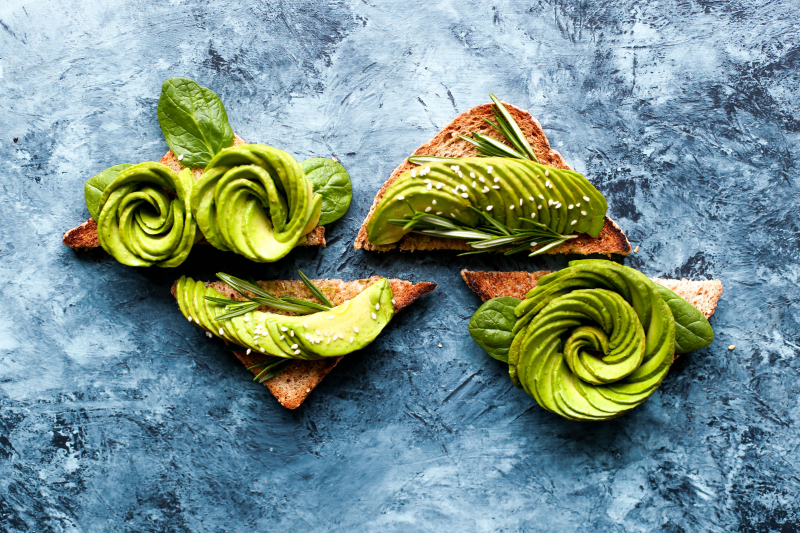
A true blue Aussie calls their country straya, watches the footy (Australian football), and keeps an esky (a cooler) in their boot (trunk of a car). If they’re crook, they’re sick, and if they’re knackered, they’re tired. And when they’re vegging out at home watching the telly (television), the most comfortable clothes to wear are trackie daks (sweat pants) and a jumper (sweater/hoodie). Aussies also really love hanging with their rellies (relatives) and roasting snags (sausages) on the barbie (barbeque).
In fact, any meal experience with an Australian can be a bit shocking and overwhelming if you don’t know what they’re talking about. Whether you’re going to Macca’s (McDonald’s) or you’re cooking spag bol (spaghetti bolognese), eating a biccy (biscuit) or choccie (chocolate), bangers (sausages) and mash (mashed potatoes), fairy floss (cotton candy), capsicum (bell peppers), or just a good old sanger (sandwich), you’ll be in for a treat! There are also some Australian favorite sweets that you can find like a caramel slice (sugary heaven), lamington (a soft coconut flavored slice of cake) or rocky road (marshmallows and lollies covered in chocolate).
If you’re studying at uni (university) in Australia or with an Australian, there are some words you might be surprised by: for example, if you skip class, it’s called wagging, and if you chuck a sickie it means you are taking a fake sick day. A tutorial or practical class would be referred to as a tute (pronounced “tyoot”), and if your mates say to you onya (good on you) or you ripper, then they’re cheering you on and encouraging you! Also, an Aussie might refer to their pen as a biro and to their eraser as a rubber.
Speaking of which, there are a few things in Aussie speech that don't mean what you think they mean: that’s sick mate! means it’s awesome, tea means dinner, and thongs mean flip flops.
Credit: Joey Csunyo (@joey_csunyo) on Unsplash.com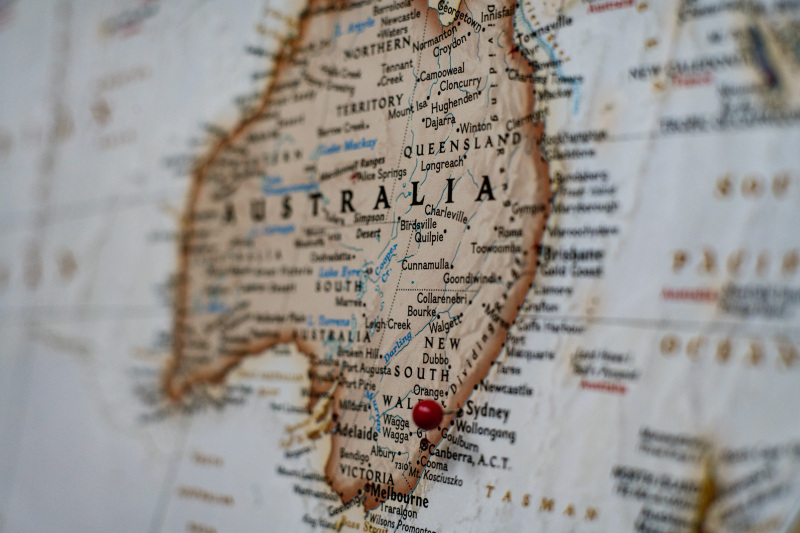
If a fire alarm goes off in the middle of class, students might look like stunned mullets (shocked!), and your classmate might say she’ll be apples, meaning everything will be ok. If you want to express yourself as an Aussie, you’ll often start your sentences with I reckon which means I think, but I wouldn’t use that in an essay.
In Russia, there’s a funny phrase that people often use, “да нет, наверное,” (yes no, maybe) which basically means no. It’s quite bizarre when you’re learning Russian and I’ve had several people draw my attention to it wondering if I understood it. We also have some similar phrases in Australian: for example, yeah, nah means no, as in “yeah, I see what you’re saying, but no”, and nah, yeah means yes, like “I agree but not 100 percent”. You would say this when you’re not entirely sure.
So if you find yourself in Australia, put on your budgie smugglers (men’s swimming costume), go for a dip at the beach, and look out for the mozzies (mosquitos)!
